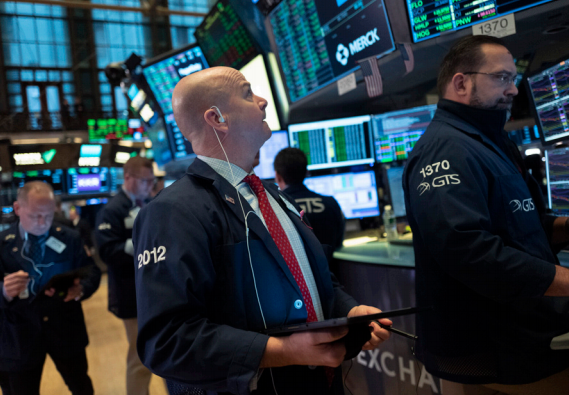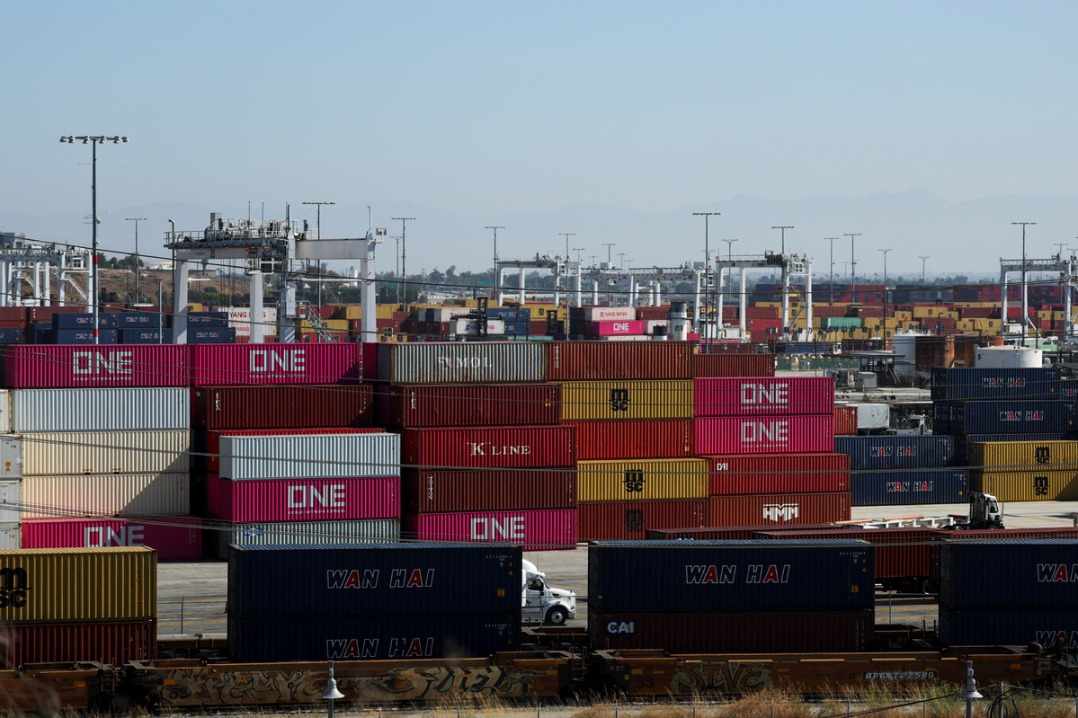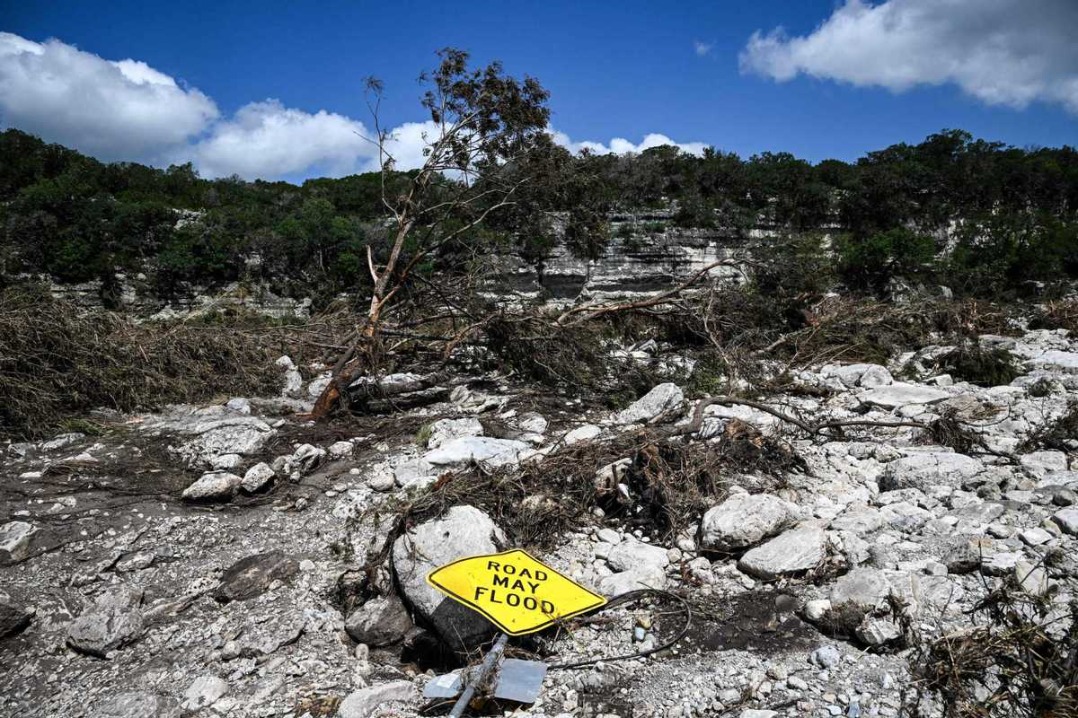Stocks decline as virus, economic disruption fears continue


The Dow Jones Industrial Average fell more than 1,000 points on the opening Wednesday, erasing all the gains made in Tuesday's rally and underscoring continued fear about economic disruption caused by the coronavirus.
In early trading, the Dow was down 5.18 percent. The S&P 500 fell 4.83 percent. The Nasdaq Composite tumbled 4.05 percent.
The market rallied Tuesday on news of a $1trillion stimulus package proposed by US President Donald Trump that included financial relief to small businesses, the airline industry, direct payments to Americans and extending the federal tax deadline 90 days without interest or penalty.
But Dow futures fell before Wednesday's opening, suggesting another down day.
Trump's program would provide a needed booster shot to the economy ravaged by the spread of the coronavirus, and while it may prevent the economy from slipping into a recession, it provides no immediate relief. When the economy recovers, the US will be stuck with the bill and interest payments could suck more money out of the private economy.
US crude oil futures fell as much as 9.50 percent Wednesday to the lowest level since 2003. Brent crude, the worldwide benchmark, fell 5.60 percent. Copper dropped 5.71 percent.
The commodities are considered proxies for future economic activity because each is used extensively in industrial economies. Falling prices suggest traders see economic stagnation in the short-term.
Yield on the benchmark 10-year US Treasury Bond edged up to 1.082 percent from 0.994 percent Tuesday. Investors appear to seek safety amid the stock market's turmoil.
"Signs are that the pandemic will be brought under control and that the economy will get enough support to weather the storm," Brad McMillan, chief investment officer at Commonwealth Financial, told CNBC. "Make no mistake, there will be damage. But from a market perspective, the question will be whether the damage is greater than the markets now expect, or less."

































